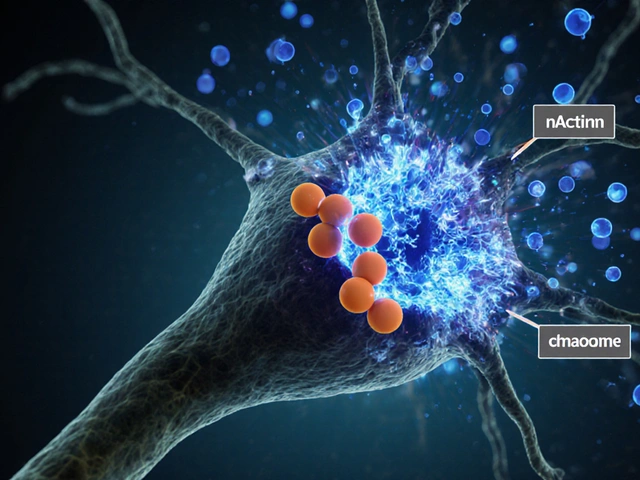Medication avoidance: when it helps and how to do it safely
Worried a medicine is doing more harm than good? You're not alone. Avoiding or stopping a drug can be the right move — but it needs a plan. This page gives clear, practical steps so you and your doctor can make safer choices without risking withdrawal, relapse, or new problems.
When to consider avoiding a medication
Think about avoiding a drug if you notice a clear side effect that reduces your quality of life (like significant weight gain, dizziness, or sexual problems), if the drug brings no benefit after a fair trial, or if it raises safety concerns for your age or other conditions. For example, older adults are more likely to get low sodium (hyponatremia) from some meds, and benzodiazepines can raise fall and heart risk in some people. Pregnancy, breastfeeding, or plans to travel across borders can also change whether a medication is right.
Also reconsider meds when new alternatives appear. The site has guides on newer antipsychotics with less weight gain and several drug alternatives for pain, depression, and asthma that may fit better for some people.
How to stop or switch a medicine without harm
1) Review your full medicine list. Bring every prescription, OTC drug, and supplement to your appointment. A pharmacist can spot dangerous interactions or duplicate therapies.
2) Talk to the prescriber before stopping anything. Some drugs require tapering. Stopping benzodiazepines, opioids, beta-blockers, or some antidepressants too fast can cause withdrawal, seizures, rebound anxiety, or blood pressure spikes.
3) Get a step-by-step plan. Ask for a written taper schedule, warning signs to watch for, and a follow-up check in—ideally within a week of changing the dose.
4) Use non-drug alternatives where evidence supports them. CBT or structured therapy helps many with anxiety and depression. Regular exercise, sleep hygiene, and diet changes can lower blood pressure and improve mood. Physical therapy often beats extra pain pills for chronic musculoskeletal pain. For breathing problems, a pharmacist or asthma nurse can review inhaler technique and alternatives to combination products.
5) Monitor closely. Keep a simple symptom log (what changed, when, and how severe). If new or worse symptoms appear, contact your clinician quickly. Bring that log to visits so decisions stay data-driven, not emotional.
6) Be cautious with online purchases. If you stop a drug and try to replace it via online pharmacies, use verified sites and keep prescriptions and receipts. Import rules and fake meds are real risks.
Stopping a medicine can feel liberating, but done wrong it’s risky. Work with clinicians, use safer alternatives, and keep an eye on symptoms. Small, planned steps beat sudden decisions every time.
12
Primidone Interactions: What to Avoid While Taking This Medication
As a blogger, I want to share some important information about Primidone interactions. It's essential to avoid certain medications, like other anticonvulsants, blood thinners, and antidepressants, while taking Primidone. Additionally, be cautious with alcohol and grapefruit juice as they can increase the drug's side effects. Always consult your doctor before starting or stopping any medication to ensure your safety. Remember, being informed is the key to managing your health effectively!
Latest Posts
Popular Posts
-
 OTC Heartburn Medications: Antacids, H2 Blockers & PPIs Explained
OTC Heartburn Medications: Antacids, H2 Blockers & PPIs Explained
-
 Magnesium Supplements and Osteoporosis Medications: What You Need to Know About Timing
Magnesium Supplements and Osteoporosis Medications: What You Need to Know About Timing
-
 Extended Use Dates: How the FDA Extends Drug Expiration Dates During Shortages
Extended Use Dates: How the FDA Extends Drug Expiration Dates During Shortages
-
 Meniere’s Diet: How Sodium Restriction and Fluid Balance Reduce Vertigo and Hearing Loss
Meniere’s Diet: How Sodium Restriction and Fluid Balance Reduce Vertigo and Hearing Loss



